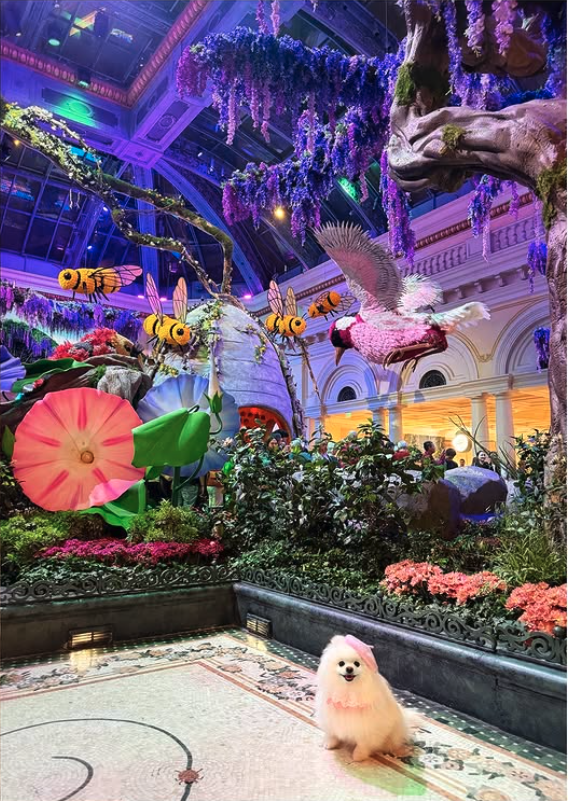
The Latest Blog Posts From Lumino
How Do You Measure the Success of a Wikipedia Article?
A successful Wikipedia article is accurate, encyclopedic, and lasting.
But we get it. That’s not a chart you can drop into a board deck. So let’s dig into why Wikipedia matters, what “success” really means on the platform, and which metrics (yes, actual numbers!) you can use to track progress.
Reddit in Search, AI, and Strategy: What Brands Need to Know
If you’ve ever typed a weirdly specific question into Google and found yourself scrolling a Reddit thread, you’re not alone. Reddit is quietly (or not so quietly) influencing everything from search rankings to AI-generated answers. As of 2025, it’s not just the internet’s front page—it’s becoming a core input for generative AI systems like ChatGPT, Google Gemini, and Perplexity.
It's Time to GEO: Why Generative Engine Optimization Is the Term We Should All Be Using
Unlike classic SEO, where your job is to climb the blue-link ladder, GEO is about becoming the answer itself. Generative engines don’t show you 10 results. They summarize, synthesize, and sometimes hallucinate.
“We Already Have a Draft” — Why That’s Not a Shortcut on Wikipedia
Your team put together a thoughtful, well-written version of the Wikipedia article. Why reinvent the wheel?
Here’s the honest truth: even if your draft looks good, it's probably more of a wishlist than a Wikipedia-ready article.
How Poster House Expanded Its Wikipedia Presence — and Learned to Do It Themselves
When New York’s Poster House opened in 2019, it made history as the first museum in the U.S. dedicated to poster art. But by 2024, its Wikipedia article hadn’t kept up.
The existing page was focused on the museum’s early days, missing updated coverage from its post-COVID reopening, and lacking key details about its growing collection, exhibitions, and special initiatives.
That’s when Poster House partnered with Lumino.
How Year Up United Got on Wikipedia (the Right Way)
Visibility and credibility are crucial for any brand, especially nonprofits that rely heavily on their online reputations. These organizations understand that the information journalists, donors, and key stakeholders find about them online determines how they're perceived and potentially shapes news coverage about them in the future.
What Should Be in Your RFP for Wikipedia Help?
We're thrilled to see more comms teams formalizing their vendor selection, but we've also noticed a common theme: most RFPs don’t actually include the right questions. They focus on turnaround times and pricing models—important stuff, sure—but they skip the essential parts that determine whether your vendor will deliver real, lasting results.
Is Organic Social Media Still Worth It for Hotels?
In a world where your guests’ thumbs do the walking—and talking—it’s time to stop asking if social media matters for your hotel and start asking how to make it work harder for you.
How Wikipedia Shapes AI Search Results (and What You Can—and Can’t—Do About It)
Generative AI tools like ChatGPT, Google Gemini, Microsoft Copilot, and DuckDuckGo’s DuckAssist rely on Wikipedia more than most people realize. And it’s not just in training. Wikipedia is also referenced in real time by many tools, often forming the backbone of the summaries, answers, and blurbs AI generates about people, companies, and products.
Why Every Hotel Needs a Signature Social Moment
A Signature Social Moment™ is a photo-worthy, post-triggering detail designed to be shared. It’s the cocktail that gets tagged before it’s tasted. The corner of the lobby that’s lowkey famous. The detail that guests show their friends before they even unpack.
The Hidden ROI of Organic Social for Hotels: Why It's Not Just a Vanity Metric
What if we told you the ROI of organic social isn’t just measurable—it’s mission-critical for modern hospitality?




















